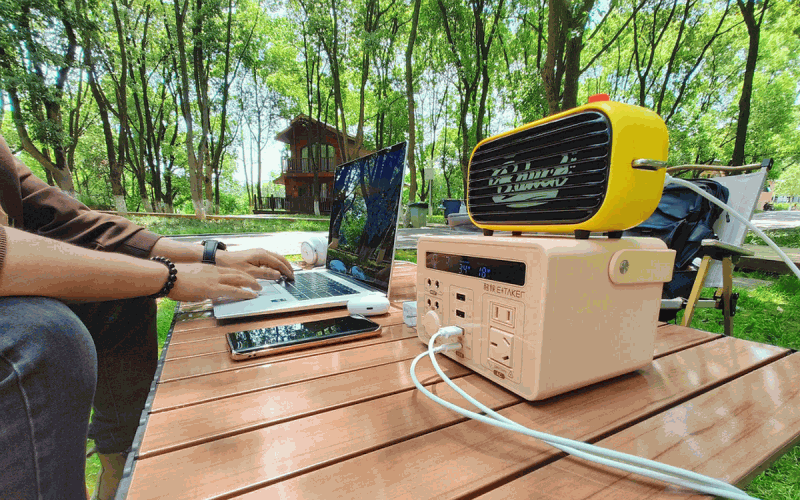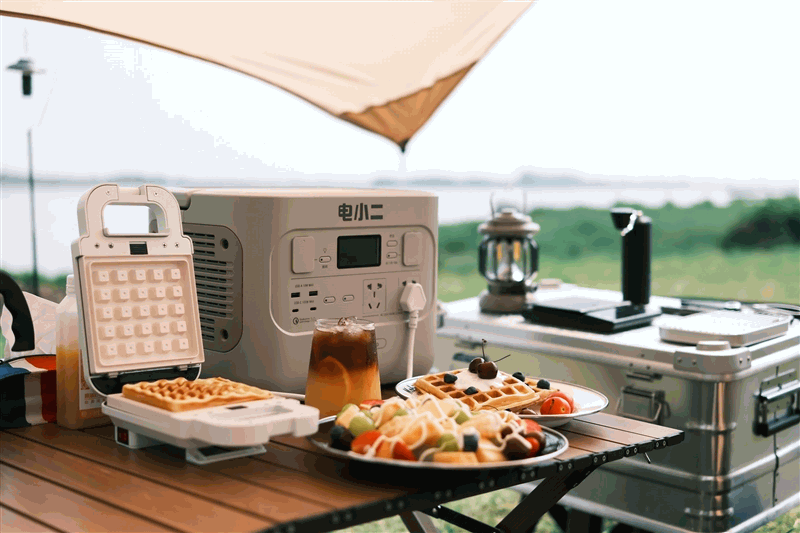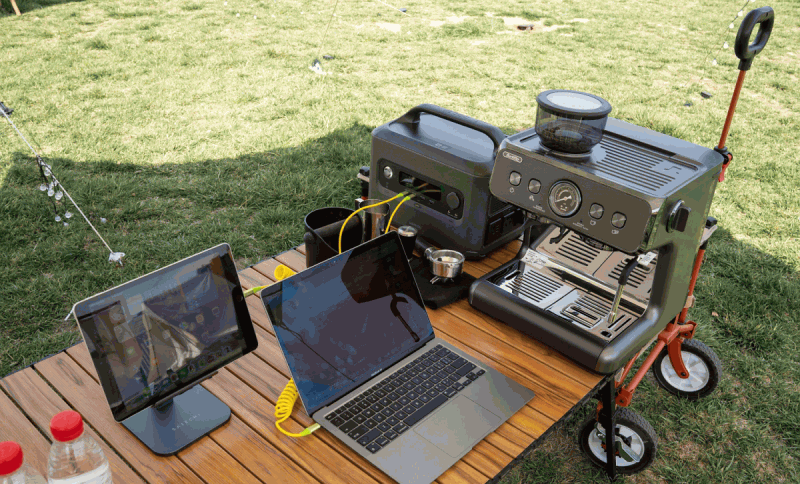Camping has become a new type of life experience. More and more people are beginning to try camping and have more direct and close contact with nature. With the continuous deepening and innovation of the experience, there are more and more requirements for camping equipment and functions, and an important issue that emerges is the power supply.

Currently, there are some small-capacity (<3kwh) mobile power supplies on the market, which can meet the charging needs of multiple mobile phones and laptops daily or support the use of a medium-power-consuming appliance for a short time. However, as the camping experience continues to upgrade, more and more appliances need to be carried, including drones, coffee machines, water heaters, refrigerators, fans, outdoor speakers, etc. Relying solely on a vehicle-mounted lithium battery for energy storage or vehicle power generation is far from meeting the demand.


Is there any other solution? Methanol fuel cells would be a very good choice.
Here is a simple comparison. Suppose two families go camping for two days and one night, and the power demand is 10kwh.

It is not difficult to see the advantages of methanol fuel cells. With a small volume and weight, it replaces the bulky pure lithium battery solution. 10kwh only meets the short-term camping needs of medium power consumption. If the camping time is extended and becomes a long trip with many power-consuming devices equipped, the advantages of methanol fuel cells will continue to expand, which is incomparable to pure lithium batteries.
Because the fuel cell can continuously supply power as long as there is methanol supply, the charging time of high-power lithium batteries will be a very big inconvenience.
It can be foreseen that methanol fuel cells can play a unique value and advantage in the camping economy in the future.